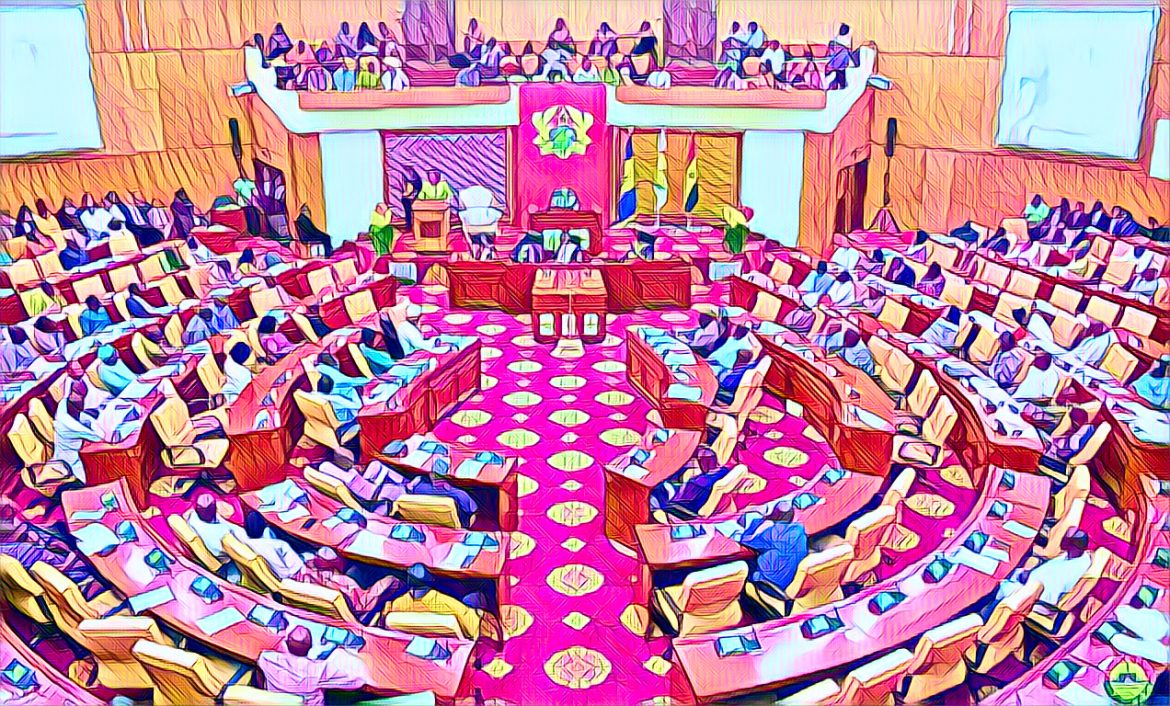During a tense session in Ghana’s Parliament, opposition members thwarted the approval of a $250 million loan from the World Bank, which was earmarked for enhancing the country’s energy sector. The move came amidst concerns over the allocation of a large portion of the funds to consultancy services, sparking intense debate among lawmakers.
Isaac Adongo, the Ranking Member of the Finance Committee, vocally criticized the allocation, calling it problematic and urging an amendment to the disbursement formula. This stance found support among other members, including Mohammed Muntaka Mubarak, MP for Asawase, who questioned why the funds were not being used to bolster local capabilities, such as enabling Ghanaian universities like KNUST to produce their own energy meters.
The session reached a pivotal moment when Speaker of Parliament, Alban Bagbin, called for a voice vote to decide the fate of the loan. Initially uncertain about the outcome, he repeated the question to the assembly. After a clear chorus of ‘no’ votes, it was evident that the opposition held the majority. Despite this, Patrick Yaw Boamah, Chairman of the Committee, contested the result, prompting the Speaker to consider a headcount or division to confirm the decision.
Amidst these proceedings, the Deputy Majority Whip expressed concerns that some members had not understood the voice vote, suggesting that a repeat might change the outcome. However, Speaker Bagbin, addressing the chamber, highlighted the lack of support from government members, pointing out the consequences of moving forward without adequate backing.
“I have always drawn the attention of the leader of government business, who himself is not even now available. Because you always need numbers behind you when you are taking some stands on issues on the floor. Those numbers are not there, and those who support you to run your business, you will run at them, and so when they react, the result will not be in your favor,” Bagbin explained, firmly declaring the motion rejected based on the voices heard.
In response to the ruling, Boamah attempted to challenge the decision, but Speaker Bagbin maintained that adjourning sine die was the best course of action, effectively ending the session without approving the loan.
This significant development reflects deep divisions within Ghana’s Parliament and highlights the intense scrutiny and debate surrounding financial decisions that impact the nation’s future. The rejection of this loan underscores the critical role of parliamentary oversight and the power dynamics that can shift key economic initiatives.
Source: Ghana Web




